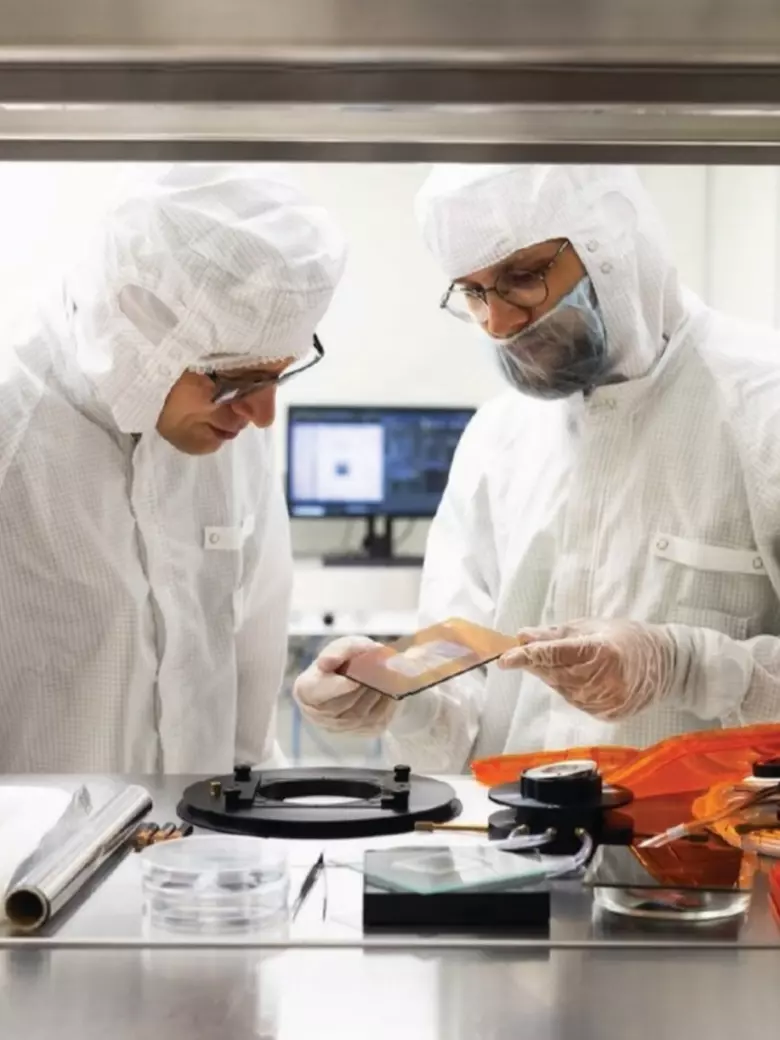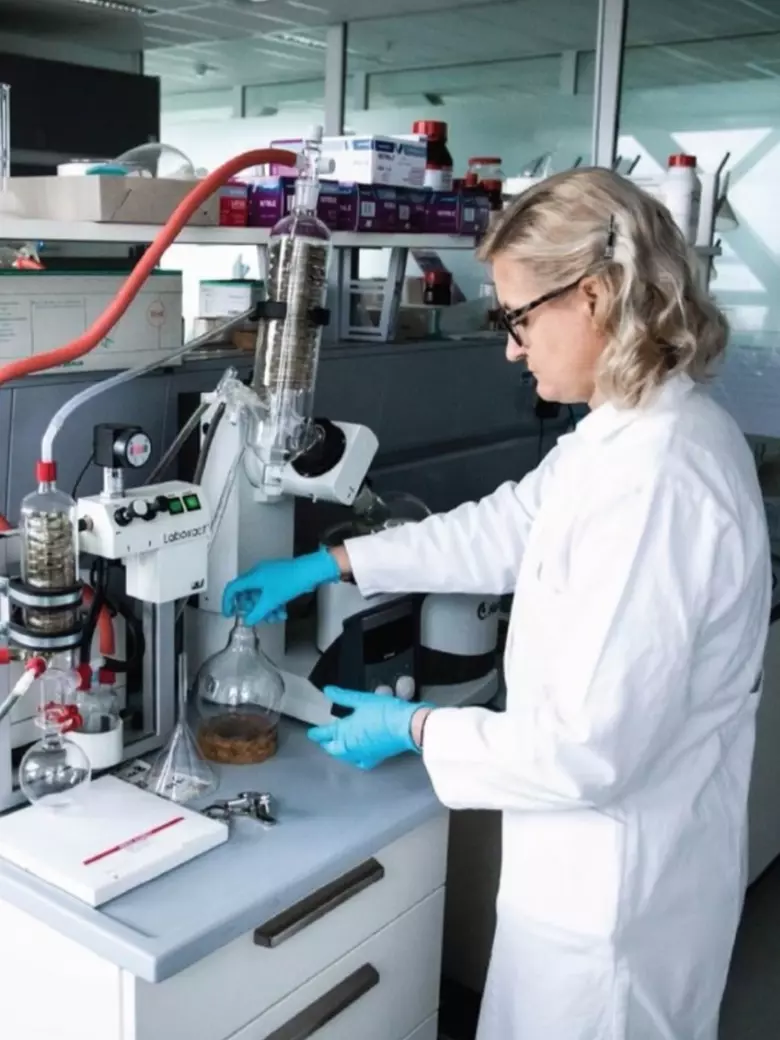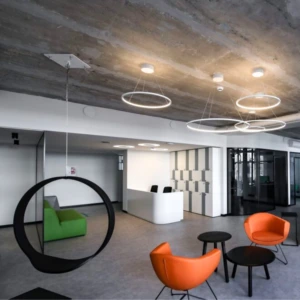|
Persons with a Master's Degree or equivalent degree of higher education in Technological Sciences or Natural Sciences (fields of Mathematics, Physics, Chemistry, Biochemistry, Informatics, Biophysics, Ecology and Environmental Studies)
may participate in an open competition for admission to doctoral studies. |
| Applicants to the doctoral field of science are accepted by competition according to the competition score. |
| Minimum competition score 8.0. |











 virtual tour
virtual tour